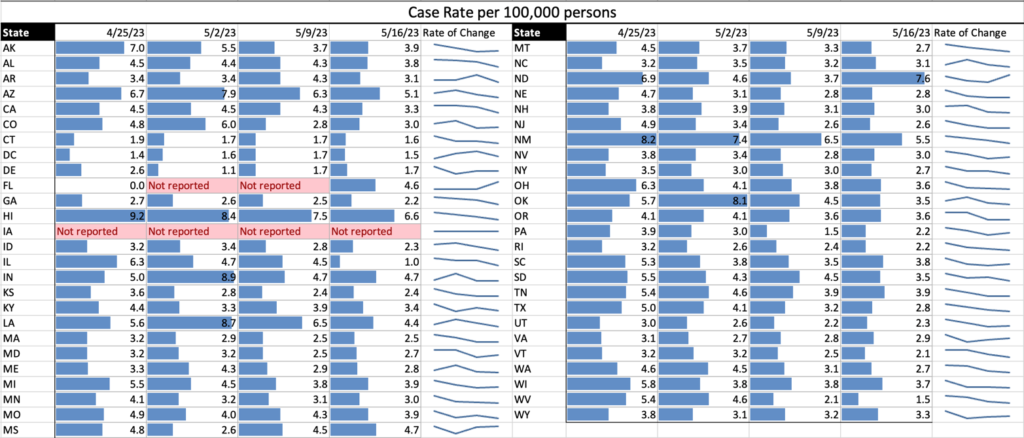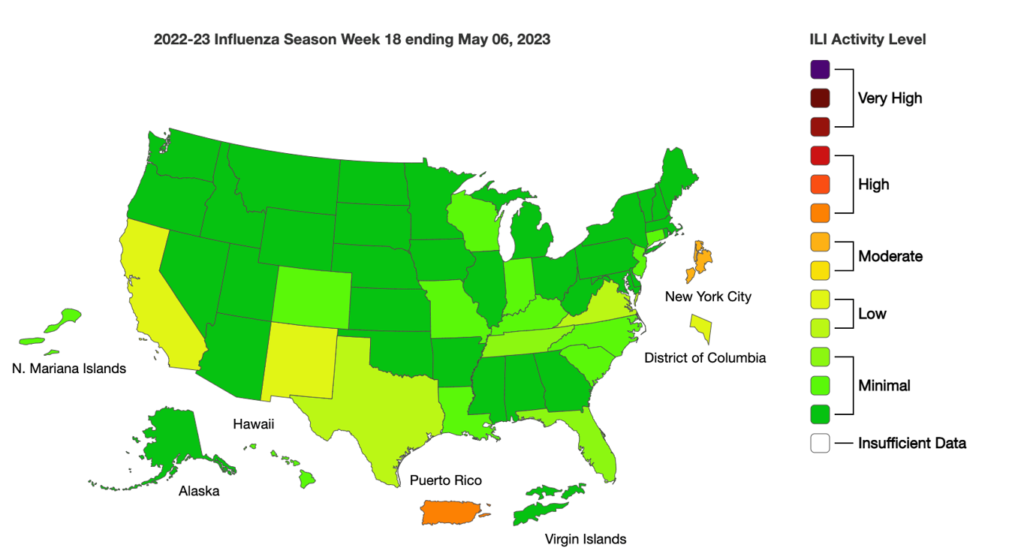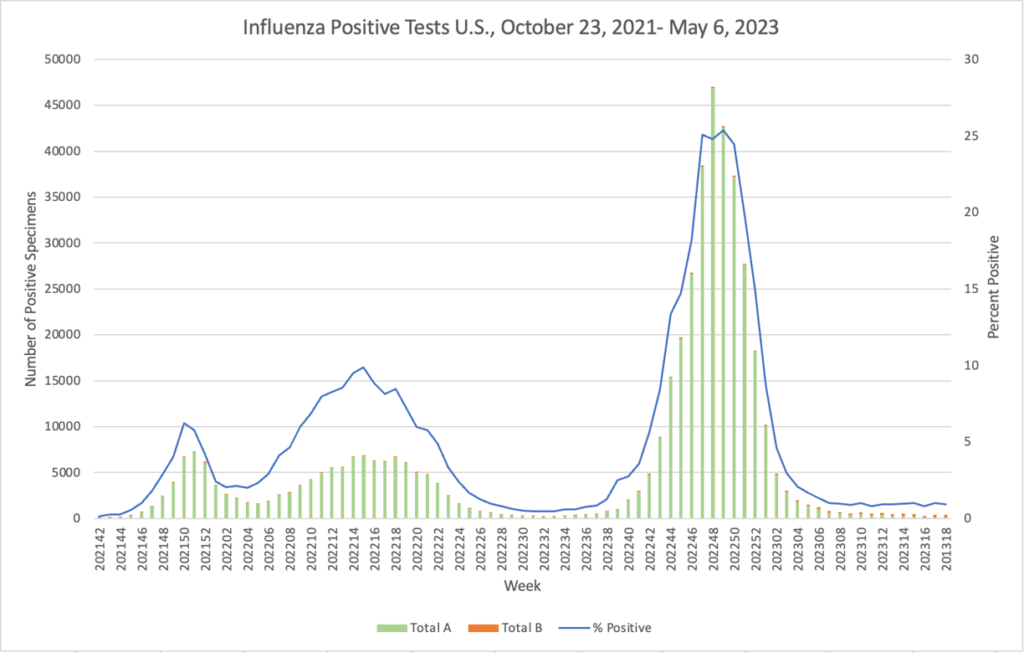A new Government Accountability Office (GAO) report has noted a critical need to address deficiencies at the Department of Health and Human Services (HHS) that “impaired the country’s ability to respond to the COVID-19 pandemic and other public health crises and extreme weather events.”
The five areas of ineffective response, which GAO specifically noted, can provide lessons learned for businesses as well. Applying these to your organization, do you have a program to ensure your preparedness for the continuity of operations in the event of infectious disease, extreme weather, civil unrest, or other crisis events? Does your program:
- Establish clear roles and responsibilities for all parties? What are employees to do in a crisis? Will your IT system enable work-from-home operations again, if needed? Who is responsible for determining what a crisis is and what actions to implement?
- Collect and analyze complete and consistent data to inform decision-making, including midcourse changes and future preparedness? Do you have a process to collect information; or a partner (such as TAG) with whom you can work on this?
- Provide clear, consistent communication? Do you have a line of communication for management, employees, and customers? Can you maintain it in a crisis?
- Establish transparency and accountability to help ensure program integrity and build trust? Without transparency and trust, no program will succeed long-term.
- Understand your partners’ capabilities and limitations? Can your suppliers continue to support you in times of crisis? Which can you most rely on? Will your customers stay open?
Preparedness is the key to success in any crisis. To help ensure you’re able to weather emerging events, give TAG a call. We can help you develop or assess an existing program.
COVID Risk Matrix:

Influenza:


- Mpox. The CDC released a potential risk for new mpox cases. From April 17 to May 5, 2023, 12 confirmed and one probable case of mpox was reported in the Chicago area. The WHO declared that mpox is no longer a Public Health Emergency of International Concern (PHEIC) as of May 11, 2023. A study conducted in Poland last year shows that wastewater revealed mpox was likely underestimated.
- Influenza. Flu rates in Australia are lagging behind where they were in 2022, despite an increase early on in this season. However, since many flu cases do not get reported, the data may be underestimating influenza activity.
- TB. In 2022, 8,300 cases of tuberculosis were identified in the United States, marking a 5 percent increase from the year before, according to a report from the CDC. The rebound in TB cases included a 26 percent increase in TB diagnoses in children 4 or younger. Cases in that age group are usually the result of recent transmission rather than reactivation of a long-standing latent infection.
- Mumps. There is confirmation of a mumps outbreak in South Africa. More than 200 cases have been reported to date in 2023 from across the country.
- Polio. In a recent update from the Global Polio Eradication Initiative (GPEI), they said four African countries reported more vaccine-derived polio cases, type 2 (cVDPB2). The case numbers are as follows: Chad, 1 new report with 6 total for 2023; The Democratic Republic of Congo (DRC), 6 new cases with a total of 22 for this year; Nigeria, 3 new cases with a total of 4 for the year.





